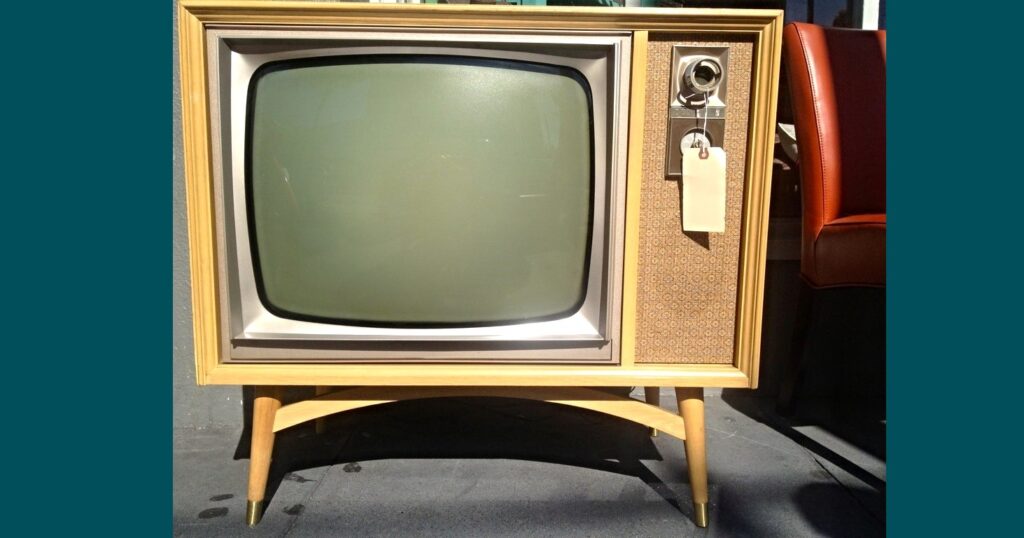Guy Ciarrocchi: Lessons from the Super Bowl ads
There was a time in America when sneaker companies wanted to sell sneakers. They promoted how they were durable, helped you play better, even look better. Or you should buy them because a star athlete wore them. Same for cars, restaurants, and insurance companies.
Perhaps by design, about 20 years ago, some politicians, commentators and activists started to raise a series of questions of and criticisms about American companies — and, by extension capitalism, and even American culture.
Companies made “too much” money. They should be “sustainable” in the products they use and make. Companies should “give back.” Then, various politicians and organizations started to demand donations from companies to their “causes.”
(As if employing people, producing a product, helping support a community and — often — donating to local causes wasn’t enough. Locally, most of us see “giving back” from small and family-owned companies. Take a look at the signs and fliers at Little Leagues, church bulletins, or those supporting local fire companies and charities. No PR firm had to tell them to do it.)
Next, there were public discussions about who corporate America hired and promoted, and what folks were paid. More scrutiny was applied to these companies and how they should operate.
At some point, the confluence of criticisms, demands, and directives became so intense that some observers began to wonder if companies would be able to survive. There was a fear it would cause companies to close, raise prices, or lessen the quality of their products. And if it had shrinking profits, the company wouldn’t be able to issue dividends to shareholders — people who invested in the company, ranging from millionaires to retirement funds.
But Madison Avenue had an idea: what if we tell companies to “lean in” to the extra spending and focus on the social “do-gooder” stuff? That would be their brand. Maybe that would sell?
“We’re the car company that donates money to plant trees every time you buy a car.”
“We’re the socks company that donates a pair of socks every time you buy a pair. (Yes, prices are higher, but you’re promoting an image — a brand.)
Then, it extended to hiring and promotion policies. HR departments chasing metrics based on race, sex, gender, and “causes.”
Put it all together and you get companies tripping over themselves to be the mostest, bestest sustainable, tolerant, or virtuous. Someone watching a TV ad often had no idea what the product was. Maybe mentioned at the end or the logo placed in the corner.
At its most extreme, you get Dylan Mulvaney selling Bud Light because a confluence of social, cultural and political agendas leading a company not only wanted to sell beer, but “chase a new market” — and support the cultural goal of “redefining what it means to be a man.” (Doesn’t matter to me, I rarely drink beer and if I do, I drink whatever is offered at a party — or I order a Victory Beer: “buy local.”)
We have all of this, in part, because we have free market capitalism. Companies are free to promote and chase market shares — and do almost anything to appease their shareholders. Corporate America wanted to make money. Now, they want to be loved, too. Many now believe that being “loved” is more important than having an excellent product or a good price.
Corporate America — like political America — is a lagging indicator. Culture changes. Then the C-suite demands that their company do what the cool kids are doing now — hire them to sell our stuff in tones and messaging that works. The most important color isn’t black or white: it’s green.
Maybe the CEO is truly a progressive. Maybe not. Maybe he/she/they hate fossil fuels. Maybe they don’t. But the mantra for Wall Street is just to say whatever it takes.
For the last few years, they tripped over themselves to out-virtue-signal each other.
Not surprisingly, much of corporate America had their heads down or missed the cultural changes of the last few years — ignorance is preferable to being “canceled.”
Much of America was tired of pronouns in email signatures, or of masks being required, of companies and colleges being virtue-signaling bastions where the reliability and cost of products and outcomes was becoming secondary.
Yet much of corporate America kept running hard left. Each trying to outdo each other.
No “macho men.” No oil rigs. No luxury cars or fast cars — just plug-in cars. And, whenever possible, highlight anything that shows that the America of the “Brady Bunch” — heck, even the America of “Modern Family” — is a distant and regrettable past.
But election 2024 happened. It’s clear that, at first, much of corporate America didn’t understand the results. They missed the culture that brought back Trump — on steroids. Politics caught up with cultural shifts.
It took corporate America until 2025, and some still haven’t gotten the cultural message. Hey, Nike, I’m looking at you.
Did you watch the Super Bowl? (Go Birds!!) Many of the ads were ripped out of 1985, but for the modern touches. I’d almost swear I saw a picture of Ronald Reagan in Harrison Ford’s cabin.
So, brace yourselves, my fellow Americans. Corporate America will now race away from woke: Families, parents, men being men, women being women, cars being fast, drinking a beer after working on a construction project. Norman Rockwell, welcome back.
The reality is that advertising in 1985 wasn’t a perfect replica of life across America.
But somehow, by 2021, advertising didn’t look anything like most of America. In fact, the sneaker, beer, and car companies were not so much trying to convince me to buy their product as trying to convince me to change my beliefs.
So, it’s humorous and cynical to see the new ads of early 2025. (And, still, Nike didn’t get it!) It’s a reminder: they’re just trying to make a buck. And that’s okay.
They’re not thought leaders: they’re salesmen, getting back to selling a product. I’m old-school, I prefer it that way.
Guy Ciarrocchi is the former CEO of the Chester County Chamber of Business and Industry, and a member of the US Chamber’s Committee of 100. Guy writes for Broad + Liberty and RealClear Pennsylvania. Follow Guy @PaSuburbsGuy.




